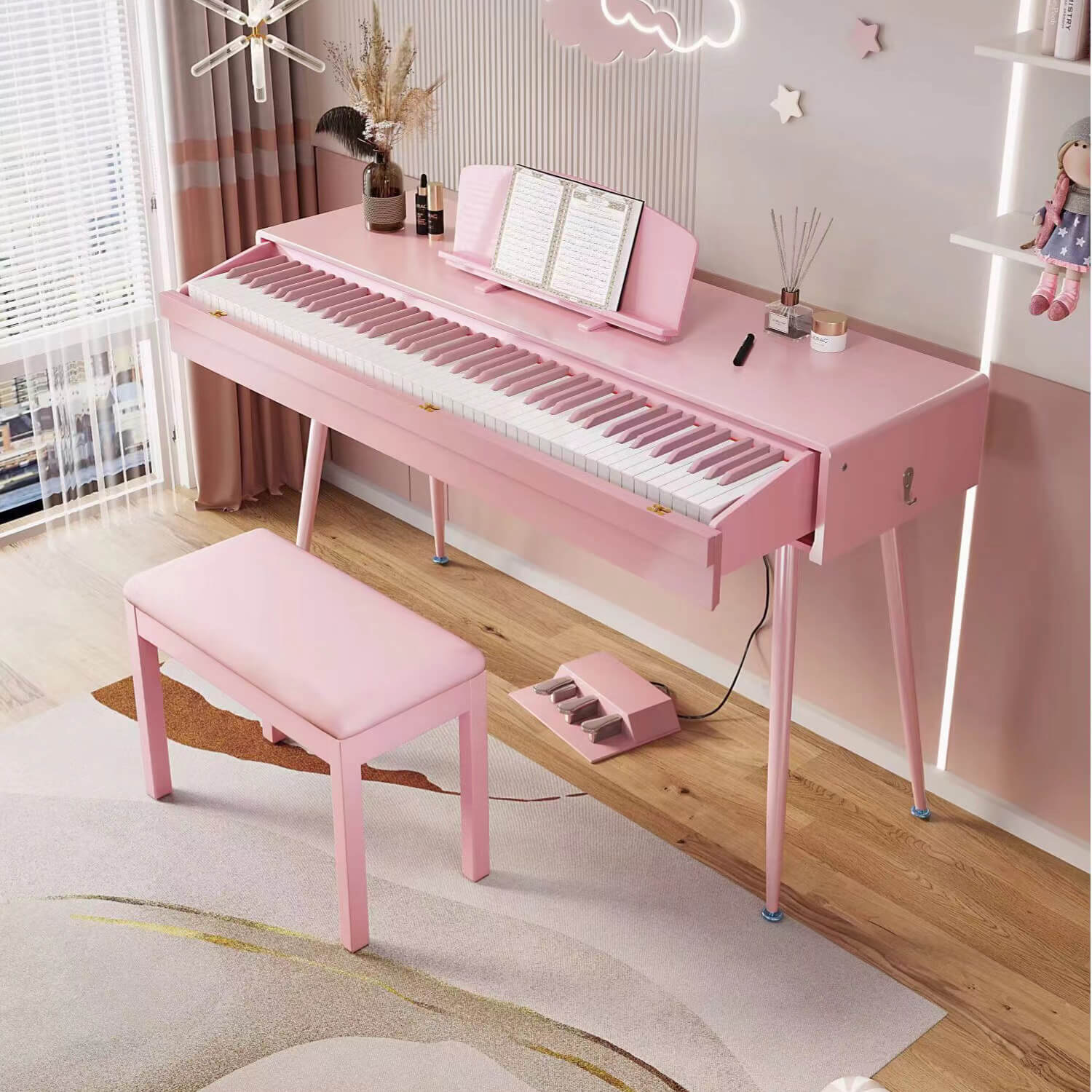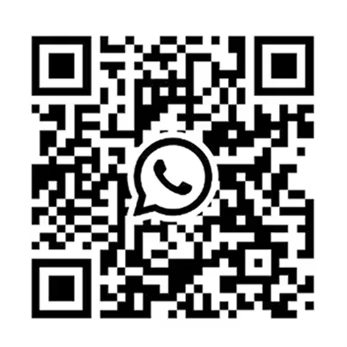Understanding the Terminology
Electronic Piano is a broad term often used interchangeably with other names, each reflecting a specific type or feature of the instrument. The most common terms include digital piano, electric piano, stage piano, and keyboard. While these terms might seem synonymous, they have distinct differences that cater to various musical needs and preferences.
Digital Piano
A digital piano is designed to emulate the sound and feel of an acoustic piano. It is equipped with weighted keys to mimic the resistance and response of traditional piano keys. Digital pianos are known for their high-quality sound samples, which are recordings of acoustic pianos played through a speaker system. They are ideal for home use, studio recording, and educational purposes due to their authentic sound and touch, along with features like volume control, headphone jacks, and recording capabilities.
Electric Piano
The term electric piano typically refers to instruments from the mid-20th century, such as the Fender Rhodes or Wurlitzer, which use electromechanical means to produce sound. Unlike digital pianos, electric pianos generate sound by amplifying the vibrations of tines or reeds when keys are pressed. These pianos have a distinctive sound, often used in jazz, rock, and blues music, and are cherished for their unique tonal qualities that cannot be easily replicated by digital means.
Stage Piano
A stage piano is a specialized digital piano designed for live performances. It combines portability with robust features tailored for stage use. Stage pianos often come with durable builds, intuitive interfaces, and a variety of sound options to accommodate different performance needs. They are favored by professional musicians who require reliable and versatile instruments for concerts and gigs.
Keyboard
The term keyboard is a general term that encompasses a wide range of electronic instruments with a piano-style interface. Keyboards vary greatly in terms of functionality, size, and price. They can range from simple, portable models with basic sound sets to advanced workstations with extensive sound libraries and sequencing capabilities. While keyboards may not always have the weighted keys or sound quality of digital pianos, they offer a broad spectrum of features, making them suitable for beginners, hobbyists, and professional musicians alike.
Key Features and Advantages of Electronic Pianos
Sound Quality and Variety
One of the primary advantages of electronic pianos is their ability to produce a wide variety of sounds. High-end models use advanced sampling technology to capture the nuances of acoustic pianos, including the resonance and overtones. Additionally, electronic pianos often come with various instrument sounds, such as strings, organs, and synths, providing musicians with a versatile palette for composition and performance.
Portability and Convenience
Electronic pianos are generally more portable than their acoustic counterparts. They are lighter, more compact, and easier to transport, making them ideal for musicians on the go. Many models also come with built-in amplification, eliminating the need for external speakers in small venues or practice settings.
Maintenance and Durability
Unlike acoustic pianos, electronic pianos do not require regular tuning and are less susceptible to environmental factors such as humidity and temperature changes. This makes them more durable and less expensive to maintain in the long run. Electronic components are also typically housed in sturdy cases designed to withstand the rigors of travel and frequent use.
Educational and Practice Tools
Electronic pianos often include features that aid in learning and practice. These can include metronomes, recording capabilities, and lesson modes. Some models even connect to apps or software that provide interactive tutorials and feedback, making them excellent tools for students and educators.
Connectivity and Integration
Modern electronic pianos come equipped with various connectivity options, such as USB, MIDI, and Bluetooth. These features allow integration with computers, tablets, and other devices for music production, online lessons, and performance enhancements. Musicians can easily connect to digital audio workstations (DAWs), expand their sound libraries, and utilize virtual instruments, significantly expanding their creative possibilities.
Choosing the Right Electronic Piano
Selecting the right electronic piano depends on several factors, including the intended use, budget, and personal preferences. Here are some key considerations:
Purpose and Environment
- Home Use: For home use, a digital piano with built-in speakers and a focus on sound quality and touch response is ideal. Look for models with furniture-style cabinets that blend well with home decor.
- Stage Performance: Stage pianos are best for live performances. Prioritize models with robust builds, intuitive controls, and versatile sound options.
- Studio Recording: For studio work, consider digital pianos with high-quality sound engines, multiple outputs, and advanced connectivity features.
Budget
Electronic pianos come in a wide range of prices. While entry-level models are affordable and offer essential features, high-end models provide superior sound quality, touch response, and additional functionalities. Determine your budget and find a balance between features and cost.
Touch and Feel
The touch and feel of the keys are crucial for an authentic playing experience. Weighted keys that simulate the feel of an acoustic piano are preferred by serious musicians. Test different models to find the one that best suits your playing style.
Additional Features
Consider additional features such as built-in rhythms, accompaniment styles, recording capabilities, and educational tools. These can enhance your playing experience and provide more value for your investment.
Our company is a comprehensive enterprise ingratiating research and development, design, production, sales and service. We produce several kinds of electronic piano for all over the world. If you want to know more details, add my whatsapp: +86 17706062278. Gmail: anngood88day@gmail.com





